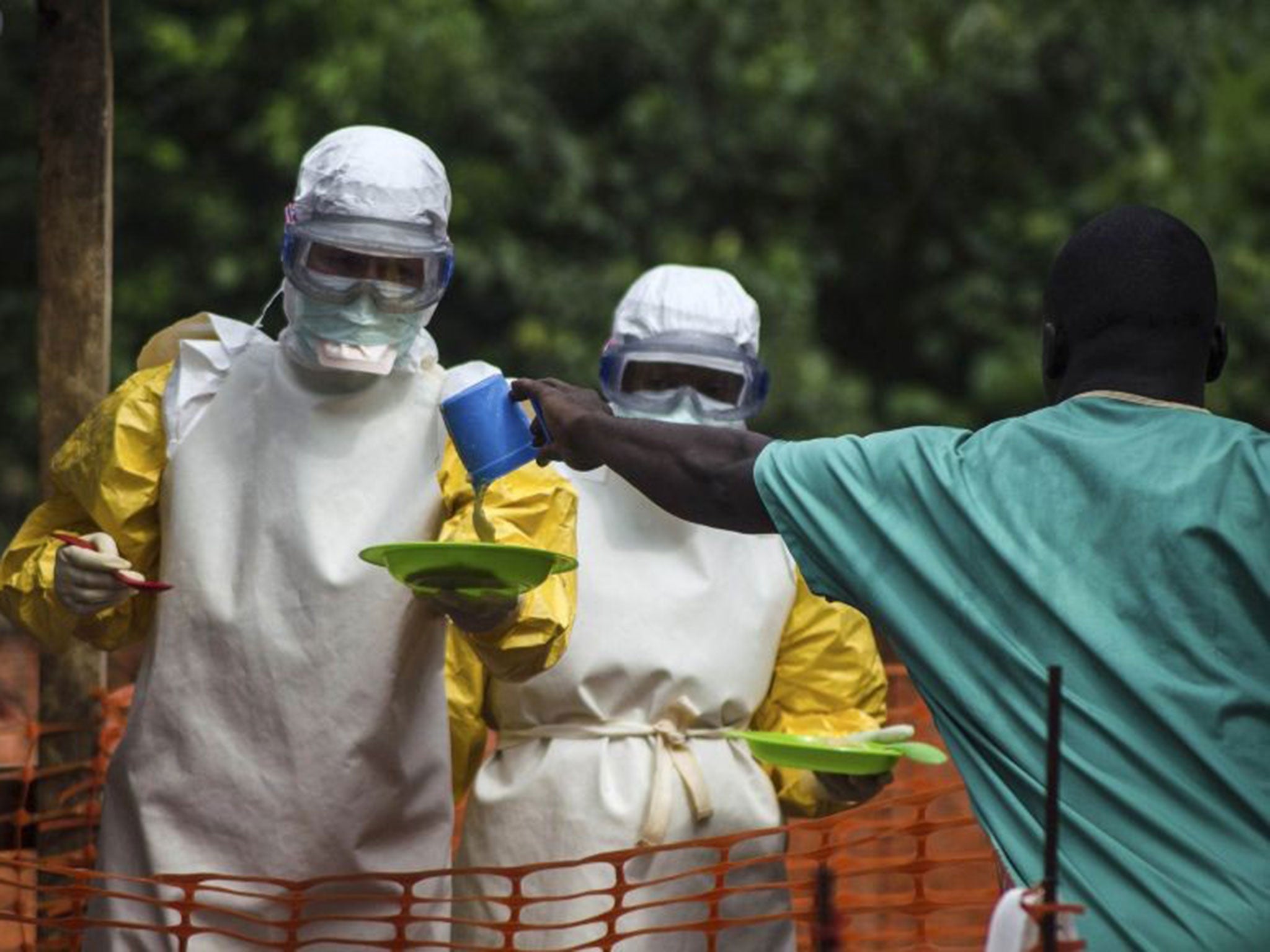Ebola outbreak is a 'threat' to UK says Philip Hammond, as Government calls emergency Cobra meeting in response to deadly virus
The UK Border Agency, doctors and government officials are being briefed on what to do if Ebola arrives in Britain

The Government is to hold an emergency meeting to discuss the “threat” to the UK from the Ebola virus, the Foreign Secretary has said.
Philip Hammond said he would chair the meeting of the Cobra committee, which will begin coordinating Britain’s response to the spread of a disease that has killed more than 670 people in West Africa.
It comes after Public Health England’s global health chief told The Independent that officials have been briefing doctors, Government bodies and the UK Border Agency on what to do if Ebola arrives in Britain.
Fears of a global outbreak were raised last week after a man exhibiting signs of the disease was allowed to leave Liberia on a flight to the international travel hub of Lagos, Nigeria, where he later died.
Mr Hammond told BBC News: “At the moment we don't think any British nationals [abroad] are affected and we are fairly confident there are no cases in the UK.
“But it is a threat, it is something we need to respond to and we will be doing so through the Cobra mechanism.”
The man was isolated and subjected to a number of tests at a hospital in Birmingham after becoming “feverish”. He had been travelling from Benin City in Nigeria, via Paris, and became unwell on Monday.
The man has since been given the all-clear, but the episode shows just how seriously the warnings from Public Health England are being taken.
Dr Brian McCloskey, the director of global health at the agency, told The Independent that Ebola represents the most “acute health emergency” currently facing Britain.
Read more:
The 10 biggest threats to global health
Ebola virus spreads to Nigeria by plane
UK health officials issue warning to doctors
“When these things start to escalate we work with everybody to ensure they are aware of what needs to happen,” he said.
All doctors in the UK have been told to look out for patients exhibiting the early symptoms of the Ebola disease, which include fever, headaches, joint and muscle pain and lack of appetite, particularly if they have a history of travel in West Africa.
The disease has up to a 90 per cent fatality rate in some cases, and later symptoms include vomiting, diahhorea, a rash and bleeding from the eyes, nose and mouth.
UK Doctors have been told to contact a national team of infectious disease experts if they suspect cases – who then advise on whether further action or tests are needed.
Join our commenting forum
Join thought-provoking conversations, follow other Independent readers and see their replies
Comments